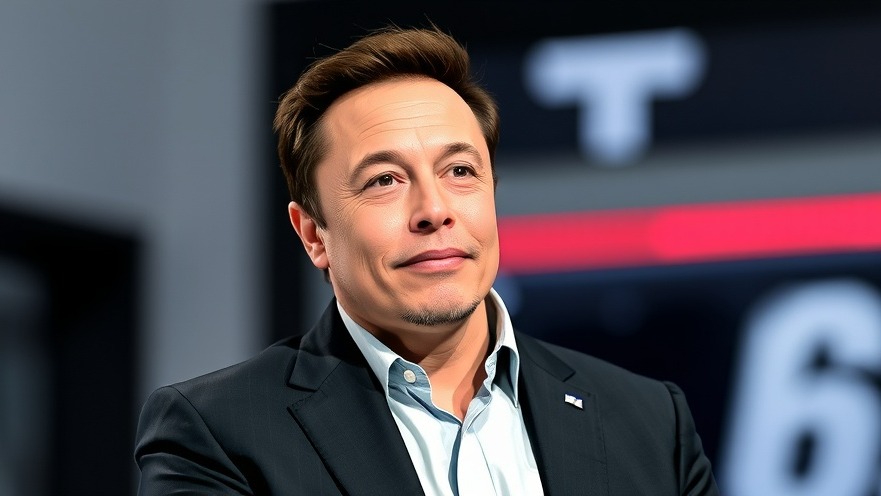
Unpacking the Impact of Elon Musk's DOGE on Healthcare Agencies
In the wake of the recently established Department of Government Efficiency (DOGE), headed by Elon Musk, there are significant implications for federal health agencies like the CDC and NIH. Initiated by President Trump, this quasi-agency aims to streamline government operations through aggressive workforce reductions and technological integrations. While the plan promises increased efficiency, it has raised alarms about the potential destabilization of vital health services.
A New Era of Government Oversight or a Recipe for Disaster?
Critics of DOGE argue that the initiative could dismantle essential health programs, leaving those in dire need without proper oversight and care. The Centers for Disease Control and Prevention (CDC) has already experienced substantial layoffs, losing over 1,300 employees. This raises concerns about how health agencies will handle their public health responsibilities amidst a shrinking workforce and budget cuts. Elon Musk defends these actions as essential for aligning government efficiency with public interest, but many fear the repercussions of such drastic measures.
The Name Game: Why DOGE?
The moniker DOGE, alluding to the popular cryptocurrency, signals an unconventional approach. Initially created as a meme, Dogecoin gained traction through online communities, reflecting a culture of irreverence and humor. Aligning government restructuring with such a brand challenges traditional views on governance. Supporters claim the move represents innovation and modernization; however, skeptics see it as a dangerous mix of frivolity and governance that could undermine serious health initiatives.
What The Future Holds: Predictions and Concerns
Looking ahead, the fate of the federal health agencies hinges on DOGE's results. While proponents may view the campaign's potential for fostering efficiency, the larger question looms: can these agencies maintain their mission amidst such restructuring? Industry experts point to a larger trend of privatization within public healthcare, wherein the division between profit motives and public health objectives blurs, potentially leading to disastrous outcomes for patient care.
Counterarguments: Advocates for Restructuring
Supporters of DOGE's mandate argue that waste reduction and operational efficiency are crucial in addressing the chronic underfunding of health agencies. They believe that by cutting down on bureaucratic inefficiencies, agencies can prioritize their core missions effectively. However, the concern remains: without proper staffing and resources, can these agencies genuinely fulfill their public health responsibilities?
Tangible Impacts on Medical Practices
For concierge medical practices, understanding DOGE’s implications can lead to strategic adjustments. As the federal support diminishes, concierge practices that rely on federal health programs may need to reconsider their business strategies. Engagements with patients are evolving, and practitioners must now adapt to the reality of an unstable federal health infrastructure.
Conclusion: Navigating Uncertain Waters
From a concierge medicine perspective, the changes ushered in by DOGE pose both challenges and opportunities. Practice owners must remain vigilant, advocating for their interests while ensuring they uphold the quality of patient care. Understanding the financial and operational landscape is crucial as we move toward a future that promises to be markedly different in approach to healthcare.
For those invested in growing their practices amidst these uncertainties, fostering a network of collaborative support among peers will be essential as new regulations and funding structures evolve. Embracing adaptability and resilience can set practices apart as leaders in providing personalized and effective healthcare.
 Add Row
Add Row  Add
Add 






Write A Comment